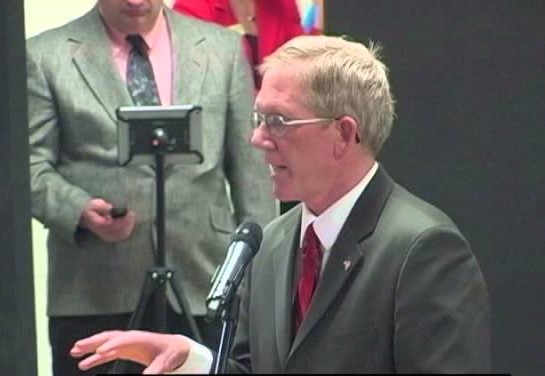By Samuel Gregg
If popes and presidents have anything to do with it, 2014 looks set to be the “Year of Inequality.” Already the rehashing of old, old arguments has begun in earnest. Economists, for instance, are re-disputing the inequality statistics. Others are re-debating perennial philosophical questions such as what we mean by inequality and (depending on the meaning) whether it’s always a bad thing.
You don’t, however, have to join most of the contemporary academy in worshiping at the altar of the prophet of modern liberal egalitarianism, the late John Rawls, to recognize that some seriously unjustifiable inequities do characterize virtually all modern societies. And one such injustice, though rarely spoken about in these terms by many politicians (for reasons that will become obvious), is the rise and rise of crony capitalism.
Crony capitalism is an expression that’s used a great deal these days, so let’s be clear what it means. Crony capitalism is not criminal activity or outright corruption — though it verges on, and often enters, these spheres. Crony capitalism is about hollowing-out market economies and replacing them with what may be described as political markets.
In political markets, the focus is no longer upon prospering through creating, refining, and offering products and services at competitive prices. Instead economic success depends upon people’s ability to harness government power to stack the economic deck in their favor. While the market’s outward form is maintained, its essential workings are supplanted by the struggle to ensure that governments, legislators, and regulators favor you at other people’s expense. In that sense, crony capitalism certainly constitutes a form of redistribution: away from taxpayers, consumers and businesses focused on creating wealth, and towards the organized, powerful, and politically-connected.
So who are the crony capitalists? Obviously it includes businesses who lobby governments and legislators for exemptions, monopolies, subsidies, access to “no-bid” contracts, price-controls, bailouts, tariff-protection, preferential tax-treatment, and access to government-provided credit at below-market interest-rates.
Invariably such privileges are premised on the claim that a particular business or industry somehow merits special treatment. The former Treasury Secretary, the late William Simon, once recalled watching “with incredulity as businessmen ran to the government in every crisis..… Always, such gentlemen proclaimed their devotion to free enterprise.… [But] their own case… was always unique and… justified [the favor].”
Though they aren’t often placed in this category, many union officials are adept at playing the crony capitalist game. That’s how many of them have been able to secure legislation that allows them to pressure employees to join their ranks, thereby violating the very principle upon which unions are founded: the principle of free association. The payback to legislators comes in the form of campaign donations and other forms of assistance at election-time.
Speaking of those who dispense the favors — legislators and other public officials — they obviously want something in return. The astonishing number of government employees who secure jobs in the industry they once regulated is well documented. Apart from campaign donations, another unspoken want of many elected officials is jobs for friends or even themselves once they exit public life.
Then there are those politicians (not to mention their family members) who join the ranks of lobbyists. In his book, This Town, Mark Leibovich estimates that 42 percent of House members and 50 percent of senators who retire from Congress now stay in Washington D.C. to become lobbyists. Clearly the incentives to become part of the grease that makes crony capitalism tick over must be considerable. Back in 2012, the Italian economist Luigi Zingales pointed out that “Seven out of the 10 richest counties in the U.S. are in the suburbs of Washington, D.C., which produces little except rules and regulations.”
What, you may ask, has this got to do with inequality? In a word: everything. Crony capitalist arrangements create distinct groups of insiders and outsiders that have nothing to do with classic criteria of justice such as need, merit, and willingness to take on risk and responsibility. All that matters in a crony capitalist world is closeness to state power.
Read this story at spectator.org ...




 RSS Feed
RSS Feed
